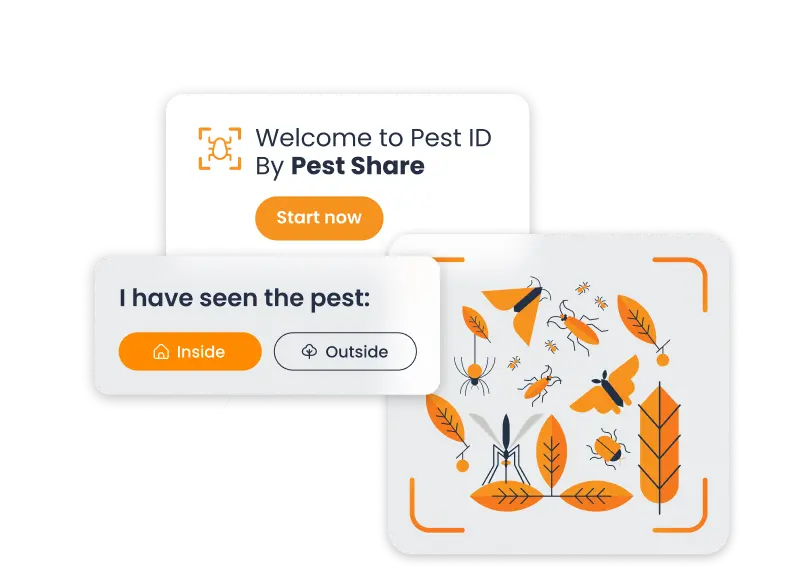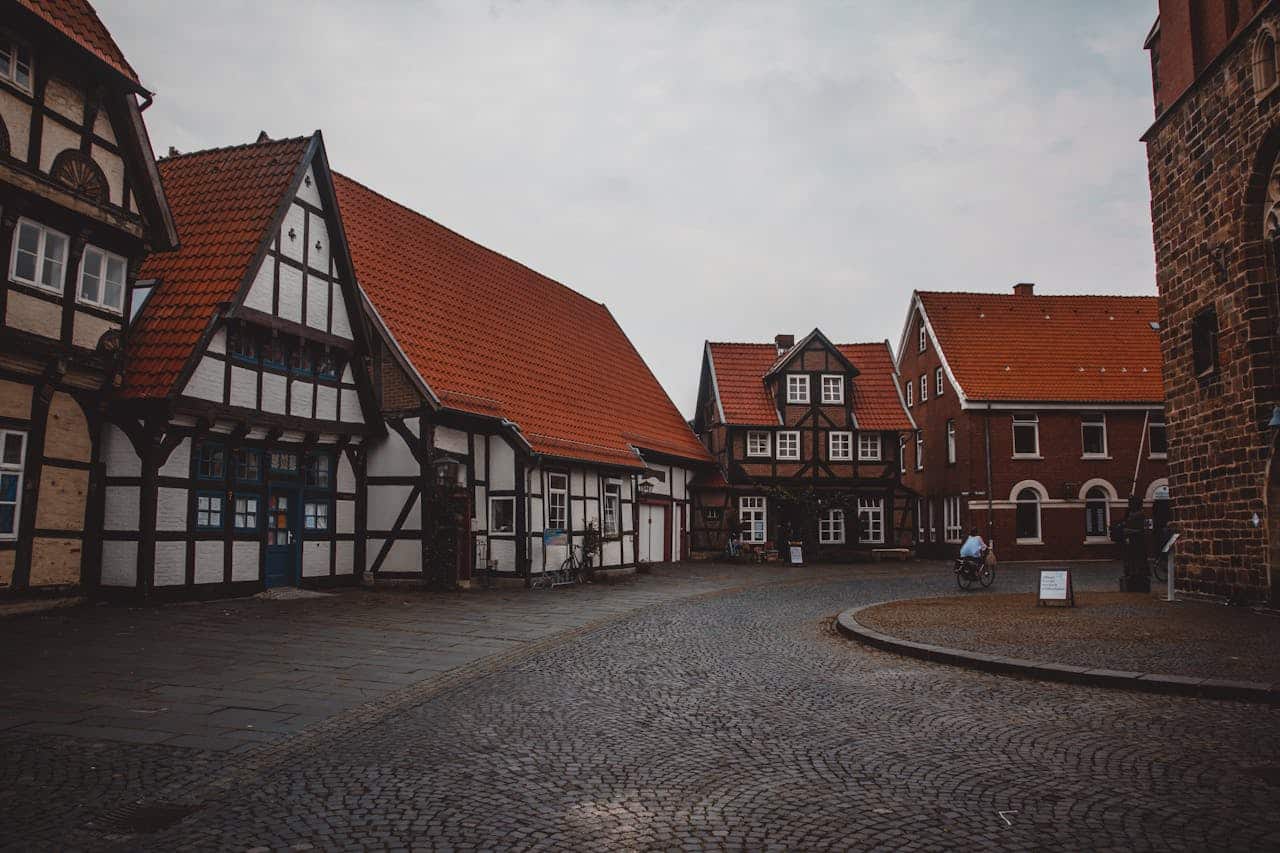Pest control is super important for keeping your home comfy and free from bugs and other unwanted guests. Whether it’s ants marching in a line in your kitchen or a mouse sneaking around your garage, pests can really be a bother. Not only are they annoying, but they can also be harmful to your health and your home.
This guide is here to help you understand what happens during a pest control visit and what you should expect from the process. We’ll walk you through each step, so you know exactly what’s going on.
Preparing for Pest Control
Getting ready for pest control isn’t hard, but there are a few things you can do to make everything go smoothly.
First, you’ll want to give your home a good clean. This means picking up any food that’s lying around, doing the dishes, and taking out the trash. These simple steps can help prevent new pests from popping up right after your treatment.
Next, think about where you’ve seen pests in your home. These spots are important because you’ll want to tell your exterminator about them so they can really focus on these areas. It also helps to move furniture away from walls and pick up things from the floor so the exterminator has easy access to corners and other hiding spots where pests might be living.

Fast, Tech-Driven Pest Solutions.
with Pest Share!
Finally, if you have pets, you’ll need to find a safe place for them during the treatment. Pest control products can be harmful to animals, so it’s best to keep them away until everything is dry and safe.
How Long Does Pest Control Take?
The time it takes for pest control can vary a lot. It usually depends on how big your home is and what kind of pests you have. For a regular visit, it might take anywhere from 30 minutes to a couple of hours. During this time, the exterminator will go through your home, apply treatment in needed areas, and maybe even set traps if you have rodents.
The type of treatment can also affect how long the visit takes. For example, spraying for insects is usually quicker than setting up baits for mice or rats. Your exterminator will explain all this and give you an idea of how long everything should take before they start.
The Pest Control Process
When the pest control expert arrives, they’ll probably want to have a quick chat with you about your pest problems. This talk helps them figure out where they should concentrate their efforts. After that, they’ll start the inspection. This involves checking places where pests are likely to hide or enter your home, like windows, doors, basements, and attics.
After the inspection, the exterminator will use different methods to get rid of the pests. They might spray chemicals to kill insects, set traps for mice or rats, or use gels and baits for ants and cockroaches. Each method is chosen based on what’s safest and most effective for your particular problem.
The pest control expert might also offer advice on how to keep pests from coming back. This could include fixing broken screens, sealing up cracks in walls, or even just keeping your home clean and free of food scraps. Following this advice is a big part of making sure the pests don’t return.
During the treatment, it’s a good idea to stay out of the way and let the expert do their job. This not only keeps you safe from the chemicals but also ensures that the treatment covers all the necessary areas without any interruptions. If you have any questions during the process, though, don’t hesitate to ask. Your exterminator is there to help and will be happy to explain what they’re doing and why it’s important.
How Long Does a Pest Control Treatment Take
Now, you might be wondering how long the actual pest control treatment itself will take. Well, just like how long the whole visit lasts, this can vary too. Generally, the treatment itself could be pretty quick, like spraying might only take a few minutes in each room. But for more involved problems, like a serious ant infestation or setting up for rats, it might take longer.
The length of the treatment really depends on the type of pest and the method used to tackle them. Spraying for bugs is faster compared to laying down traps or bait for rodents. Plus, if you’ve got a larger house or a really tricky pest situation, it might take extra time to make sure everything’s covered properly. Your exterminator will plan out the best way to handle your specific pest problem and tell you how long they think it’ll take.
How Long Does It Take for Pest Control to Work

After the treatment, you’re probably eager to see results right away, but it might take a little bit of time. How fast you notice a difference depends on the pests and the treatment methods. For instance, if you have ants or cockroaches, you might start seeing fewer of them within just a day or two. But for pests like bed bugs or termites, it can take a couple of weeks to really see the impact.
It’s important to give the treatment time to work. If you’re using bait, the pests need to carry it back to their nests, which can take some time. Your exterminator might also schedule follow-up visits to check on progress and make any necessary adjustments. These follow-ups are crucial because they help ensure that the treatment was effective and that the pests don’t come back.
How Long Does Pest Control Spray Take to Dry
If your pest control involves spraying, you’re likely curious about how long you need to wait for everything to dry. The drying time can depend on the spray used and the weather conditions on the day of treatment. Generally, it’s usually safe to assume that sprays dry within a few hours.
Your exterminator will give you a heads-up about how long to keep away from the treated areas. It’s usually a good idea to stay out until the spray has dried completely to avoid any wet spots. Keeping windows open and fans running can help speed up the drying process. Once dry, you can go back to using your home normally, but you might want to avoid deep cleaning the treated areas for a bit to let the chemicals do their job.
How Long Does an Exterminator Take?
So, how long does an exterminator usually spend at your house? Well, for most regular visits, an exterminator might be there for about 30 minutes to a couple of hours. This includes the time they spend talking to you about your pest issues, inspecting your home, and doing the actual treatment.
However, just like everything else with pest control, the time can vary. It depends on how prepared you are before they arrive (like having your home cleaned and ready), the size of your home, and the extent of your pest problem. If it’s just a routine treatment, it might be on the shorter side. But if you’ve got a big problem or if it’s the first visit, it might take longer because the exterminator will need to do a thorough check of everything.
How Long Does Extermination Take
Let’s talk about how long the whole extermination process from start to finish takes. The duration of extermination is not just about the time spent spraying or setting traps; it includes the initial assessment, the actual treatment, and any follow-up visits that might be necessary. For a typical home, you can expect the complete process to take from a few hours to a whole day, depending on what kind of pest problem you have.
For example, a general insect treatment might only require a single, short visit. However, tackling more stubborn pests like termites or bed bugs could need several longer treatments spaced out over a few weeks to ensure all the pests and their eggs are gone. The exterminator will likely explain this timeline to you during their initial visit, so you’ll know exactly what to expect and how long you might have to deal with the process.
After Pest Control
Once the exterminator has done their job, you might wonder what you should do next. First off, it’s important to keep any advice they give you in mind. This might include keeping certain areas clean, avoiding washing treated surfaces for a certain time, or monitoring for signs of pests returning. Sticking to these guidelines is crucial for the effectiveness of the treatment.
You’ll also want to watch for the effectiveness of the treatment. Seeing a few pests in the days immediately following treatment can be normal; sometimes, it takes a little while for the treatment to reach all the pests. However, their numbers should start to decrease as the days go by. If you continue to see a lot of pests or if they seem to come back after disappearing for a while, you should call your exterminator. They might need to come back for another treatment.
Remember, the goal of pest control is to make your home more comfortable by getting rid of pests that could harm your health or your property. Keeping up with regular treatments and following your exterminator’s advice can help keep your home pest-free.





